
Dear Dr. Paper,
A friend from university is getting married, but I’m thinking I’ll skip it. I can’t stand being judged, being made to feel invisible because I’ve not kept my body instaperfect like everybody else. Or maybe I could do a rapid weight loss diet? I found this particular regime that promises to get me my desired size in less than two weeks. It’ll be just in time for the wedding. What do you think? Look, I know my body is perfect the way it is. I just wish I could see this perfection. I wish I could love my body just the way it is. But I also have a wedding to attend.
Dear Ms. Body Love,
You’re not alone. Many women feel the same way. Women face the onslaught of a culture that stops at nothing to miniaturize their bodies into cookie cutter ideals of beauty. But the truth is, big or small, all bodies are deserving of love. The decision to lose or not to lose weight should be yours to make, not the dictates of societal bullying. I’ve put together a few tips to help you find the space to re-encounter your body from a place of love as opposed to judgement.
Firs thing you should do is find a quiet place to read Mona Eltahawy’s Seven Necessary Sins for Women and Girls. Let her anger touch you intimately. It will help you detect the sources of these feelings you have about your body. You will better understand the patriarchal triggers for your lack of self-love.
Mahtem Shiferraw’s My Body is War is an antidote against invisibility. Utter each poem like a prayer. Believe Shiferraw when she says that you do not “need another body, another self, another story.” You are all your body needs.
In Dear Ijeawele, Chimamanda Adichie admonishes: “be kind to yourself.” Make posters of these phrase and hang it up in every room. You need to give yourself understanding, lots of it. Give yourself room to breathe, to grow into, to become. This will help to block out the voices coming from the outside telling you that shrinking yourself is the only basis for acceptance.
If you ever get dangerously low on thoughts of self love, consult Broken Places and Outer Spaces. Nnedi Okorafor’s gospel on finding magic in the transformational story of the body will help you on days when you need that extra boost to see the gift that lies in you. Read the part on Frida Kahlo as you would the recipe of a healing potion. It will open your eyes to new ways of perceiving the body beyond the limits imposed on it by gender expectations, by biology, by politics, and by false gods of beauty. It will reveal to you the power of a body in perpetual transformation and, thus, capable of unconditionally loving itself.
I bet there are some good moments, when you feel a flicker of wholeness, when you get a glimpse of that perfection innate to your being. To make those moments last, be like Saba in Suleiman Addonia’s Silence is a Mother Tongue. Grasping these moments when your body “belongs” to you, lay on your bed. Touch yourself. Let the most intimate parts of your body release the joy and pleasure of being you.
When you’re done, seal the memory with Wana Udobang’s goddess-like voice as it reminds you that you are transcendent just the way you are.
***


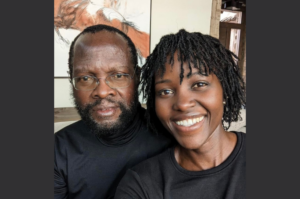
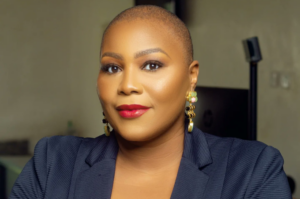
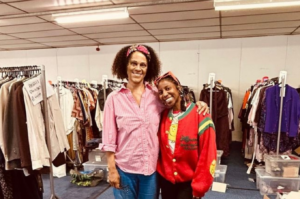
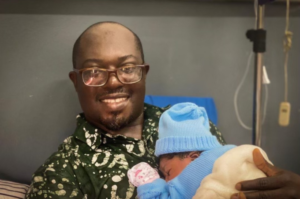
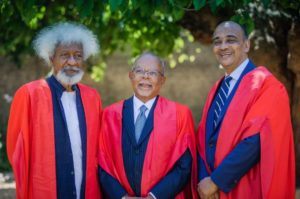


Madhavi Latha.A October 02, 2020 21:51
Enlightening!